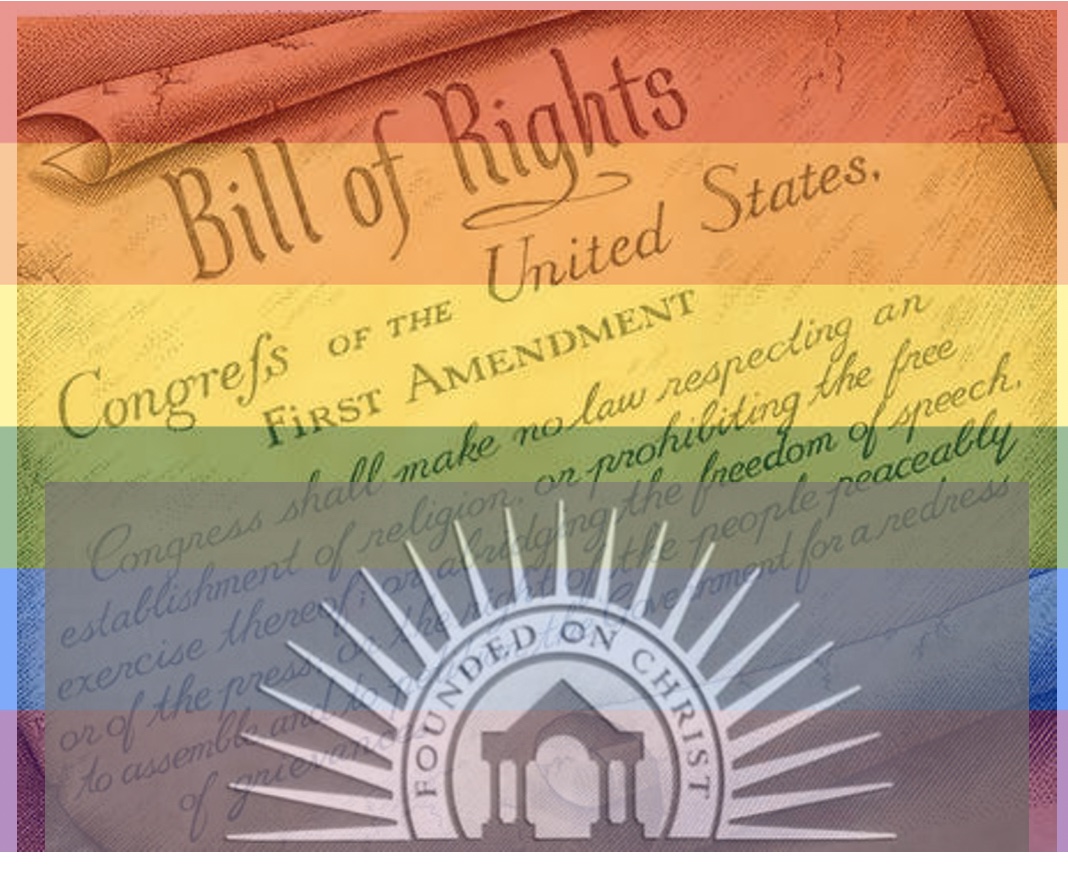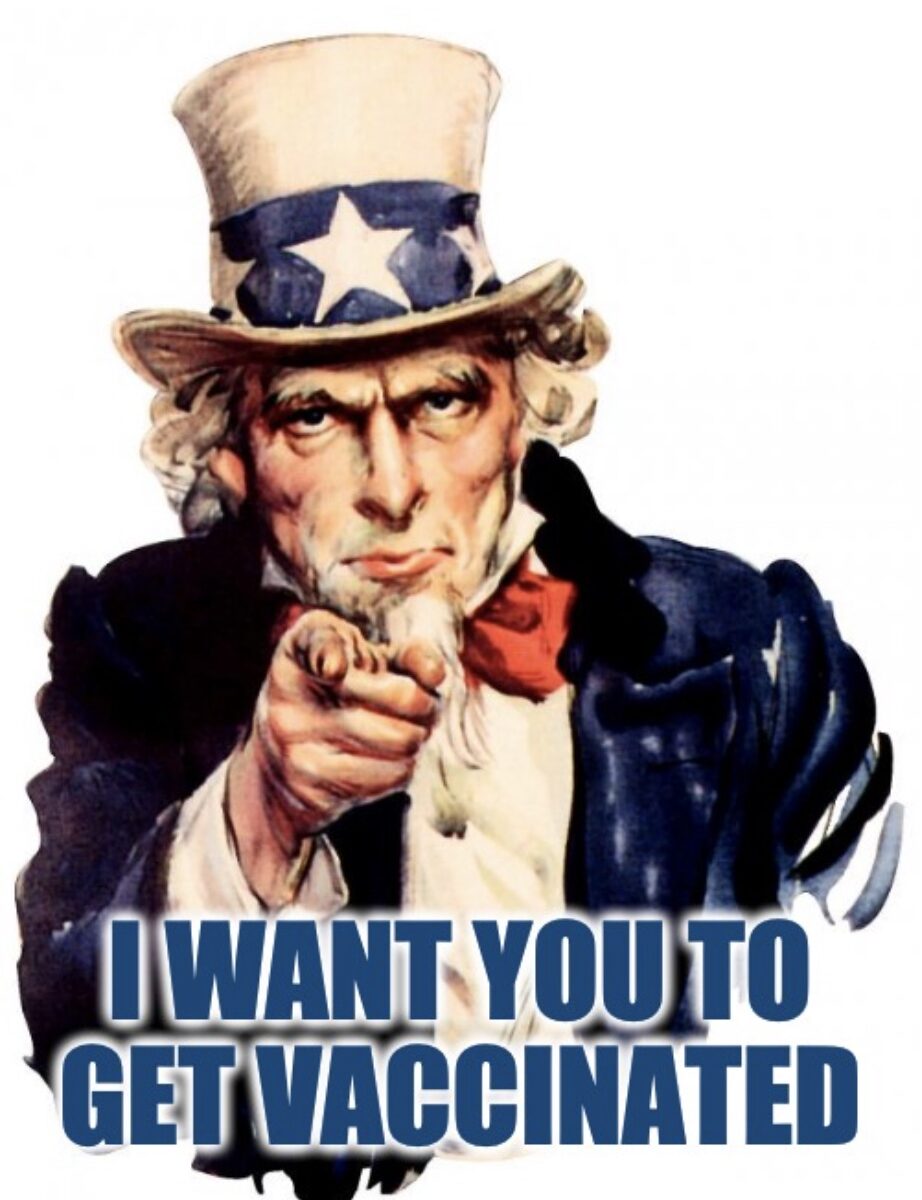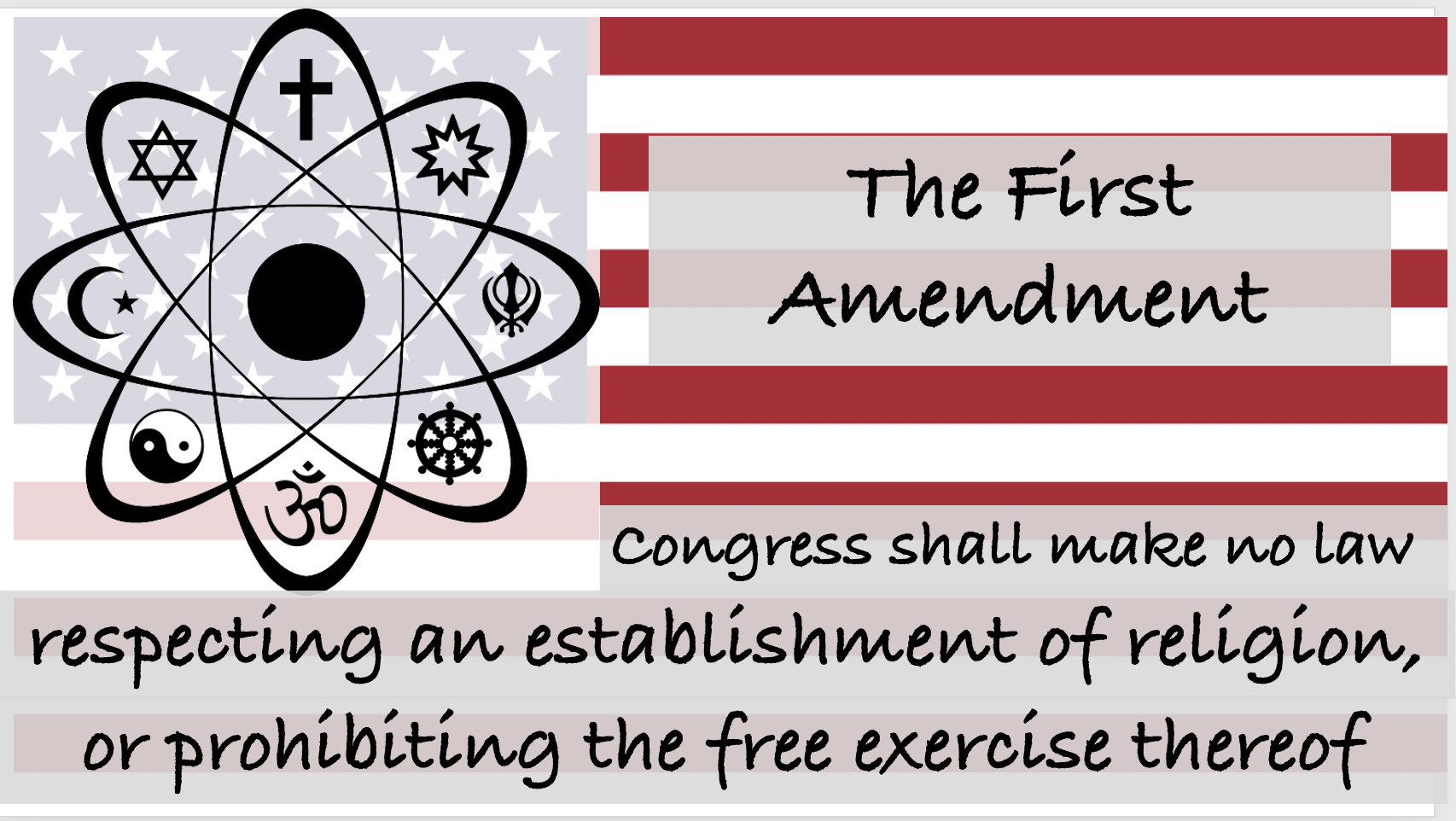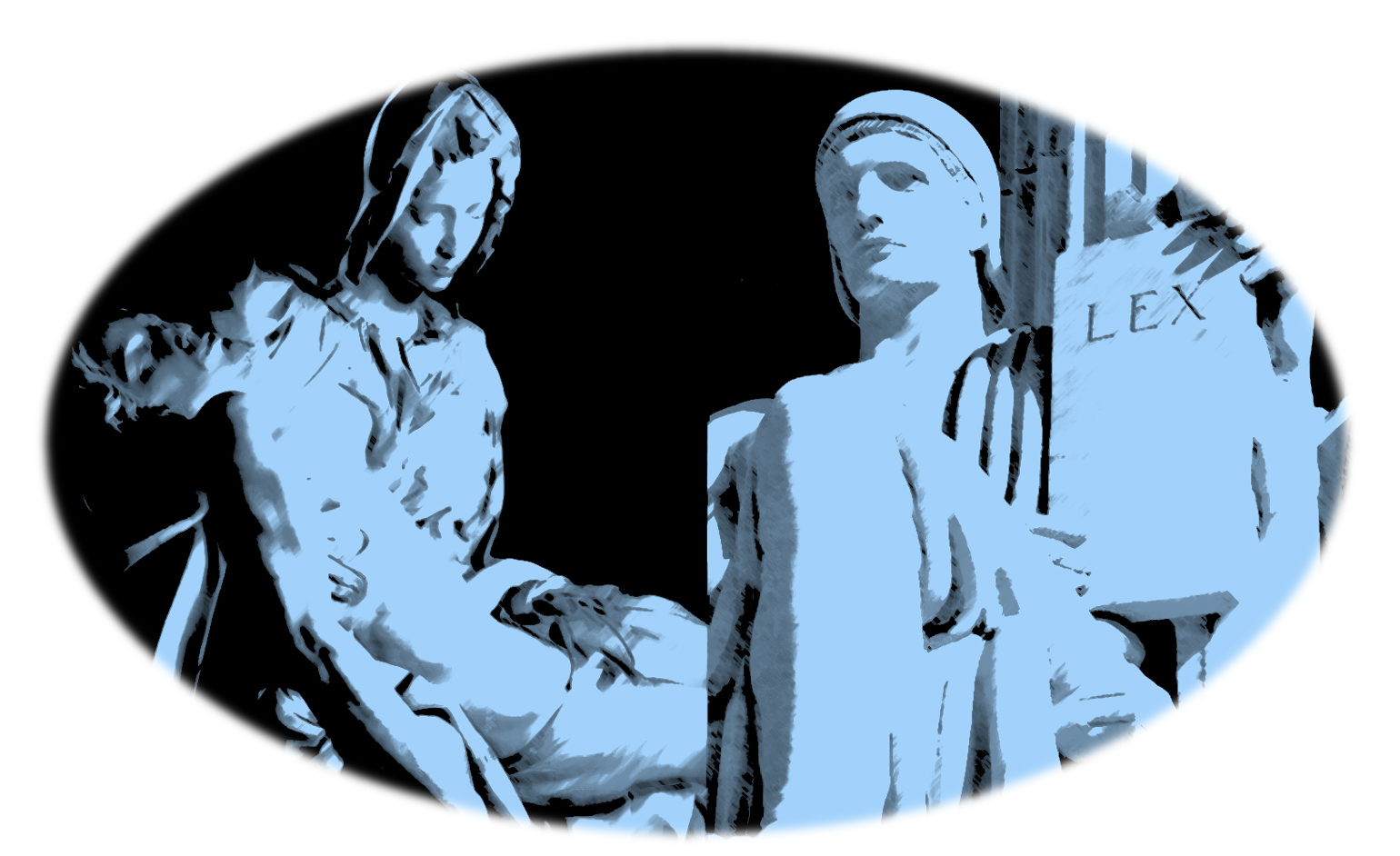Fresno Bee, Oct. 31, 2021
Life in a secular democracy can be frustrating. In our country, we disagree about nearly everything. Our lack of agreement is a sign of the health of our democracy. Liberty is disruptive. The confusing complexity of our secular world is worth celebrating.
Consider the controversy about an LGBTQ pride club at Fresno Pacific University. Fresno Pacific is a Christian school. It denied an application for a student pride club. The university president, Joseph Jones, explained that establishing a pride club “was not consistent with the Confession of Faith of the university.”
The Fresno Pacific Confession of Faith says, “God instituted marriage as a lifelong covenant between a man and a woman for the purpose of companionship, encouragement, sexual intimacy and procreation.” Fresno Pacific is affiliated with the Mennonite Brethren Church, a church that is opposed to homosexuality and extramarital sex.
As a religious institution, Fresno Pacific has an exemption from Title IX, the law that is supposed to prohibit sex discrimination. The Department of Education explains that “Title IX does not apply to an educational institution that is controlled by a religious organization to the extent that application of Title IX would be inconsistent with the religious tenets of the organization.”
All of this came as a surprise to student journalists who reported about it in the Fresno Pacific school newspaper. An important part of this story is about courageous student journalism. The good news is that the student journalists at Fresno Pacific were free to pursue this story.
Another part of the story is the fact that the national Campus Pride organization lists Fresno Pacific on its website as among “the absolute worst, most unsafe campuses for LGBTQ Youth.” Campus Pride is free to publish its list. Students can complain. And the campus will likely continue its policies.
The First Amendment is the touchstone here. It guarantees religious liberty as well as freedom of speech, freedom of the press— along with the right to assemble and to petition the government. In the United States, religious organizations have a significant degree of freedom. Journalists are free to report on these things. Ordinary citizens are free to cheer or jeer in rallies in the streets. And if you want to change the law, you can speak to your congressional representative.
The Fresno Pacific case is the kind of thing that happens in secular democracies. The story undoubtedly involves anxiety and acrimony for those directly involved. There will be disagreements about what should happen next. But the story reminds us that the First Amendment is alive and well in our country.
The liberties enumerated in the First Amendment give rise to controversies that span the political spectrum. Wherever your sympathies lie, you are bound to be outraged and offended by someone in a world that is organized under the First Amendment.
On the one hand, anti-vax and anti-mask protesters make First Amendment appeals and disrupt school board meetings. Some Trumpians have celebrated the protests of Jan. 6, linking it to the kind of assembly protected by the First Amendment. This shows us an important limit. You can rally and protest. But violence is not protected.
On the other hand, LGBTQ people have a right to speak out against Fresno Pacific. And in our world, religion is strictly regulated in public schools. One interesting recent case involves a high school coach in the state of Washington who was fired for leading his players in prayer. Among the issues in that case is an atheist family who complained that the coach did not provide their son with adequate playing time because he refused to pray.
And so it goes. There will always be plenty of controversies to keep the lawyers busy and the critics buzzing. The political philosopher Robert Nozick famously said, “liberty disrupts patterns.” We might add that liberty also disrupts social harmony and peace of mind.
Some may prefer a world where everyone conforms and obeys. But that’s not America. Thomas Jefferson once said, “I would rather be exposed to the inconveniences attending too much liberty than those attending too small a degree of it.” And if you don’t agree, in our country you are free to say so.






